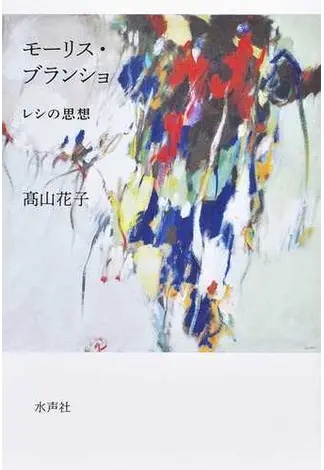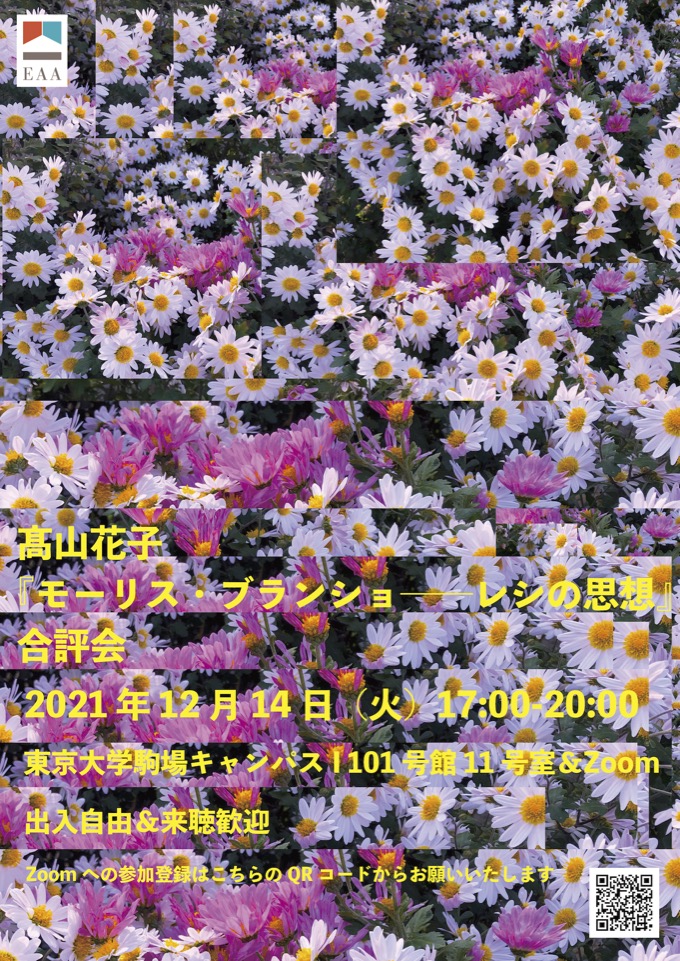 At the end of September 2021, I published a book based on my dissertation. Almost all of it was written after I started working for EAA in September 2019. My thesis was submitted on 7th January 2020. Then the defense was held on 30th March 2020, but it was not open to the public because of COVID-19. Since all chapters were brand-new and not published before as articles, I strongly wished to have critiques of it. My dream came true by the realization of the book.
At the end of September 2021, I published a book based on my dissertation. Almost all of it was written after I started working for EAA in September 2019. My thesis was submitted on 7th January 2020. Then the defense was held on 30th March 2020, but it was not open to the public because of COVID-19. Since all chapters were brand-new and not published before as articles, I strongly wished to have critiques of it. My dream came true by the realization of the book.
When Professor Ching-yuen Cheung came up with the idea of this meeting, we were planning to welcome some reviewers as per usual. However, after talking with Professor Qin Wang, who was one of the first readers of my book, we concluded that it would be better to have a short presentation by me since there are some very difficult passages, some general topics jumping from Blanchot, and some unbalanced points. Then we decided to make it a three-hour event where people could come and go as they pleased.
Finally, on 14 December, at 5p.m, we held the meeting. Not only EAA members but also others outside UTokyo participated. I got a lot of comments and questions. I felt I needed to develop the argument regarding Hegel in chapter 2. I also realized more clarity is needed when I explain the position of “things” that correspond with words; according to Blanchot, the poetical language / words create unreal things materially. I also felt certain that, in addition to rereading Blanchot’s texts, referring to Peirce’s language philosophy would be helpful.
 After the pandemic, I largely changed my research project. Preparing this book while working on Michiko Ishimure or making a film regarding Komaba in the 1930s and 1940s during 2020 and 2021 in EAA, I was always feeling the contingency that Blanchot’s thinking is related to the general questions of document. That was a happy experience. Before my dissertation I was wondering how to approach the “political Blanchot.” Now I am thinking of cutting into this question from the viewpoint of life. In order to attack this question, it would be necessary to continue to tolerate the intensity of solitude and to enjoy the solitude of writing itself.
After the pandemic, I largely changed my research project. Preparing this book while working on Michiko Ishimure or making a film regarding Komaba in the 1930s and 1940s during 2020 and 2021 in EAA, I was always feeling the contingency that Blanchot’s thinking is related to the general questions of document. That was a happy experience. Before my dissertation I was wondering how to approach the “political Blanchot.” Now I am thinking of cutting into this question from the viewpoint of life. In order to attack this question, it would be necessary to continue to tolerate the intensity of solitude and to enjoy the solitude of writing itself.
Reported by Hanako Takayama








